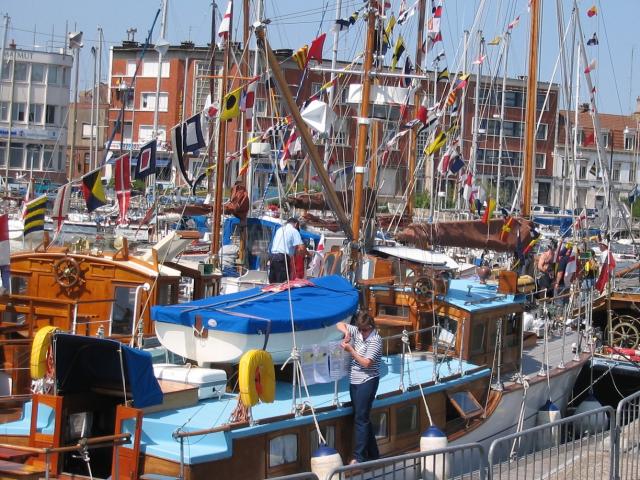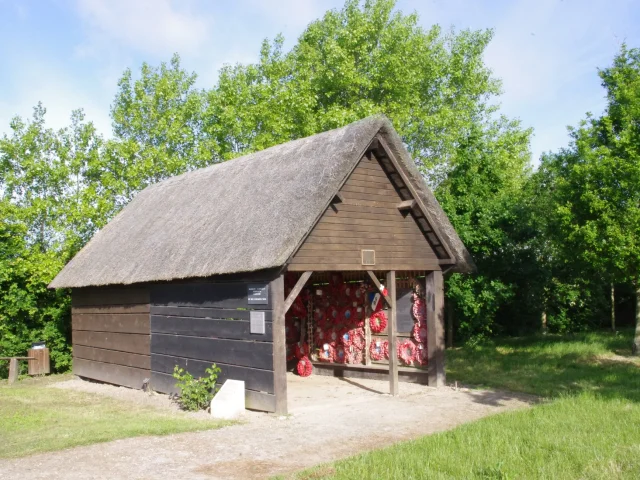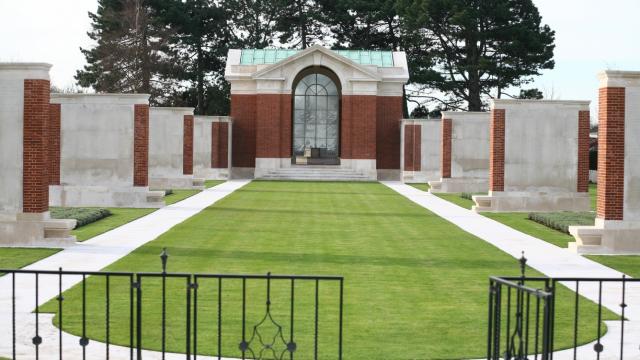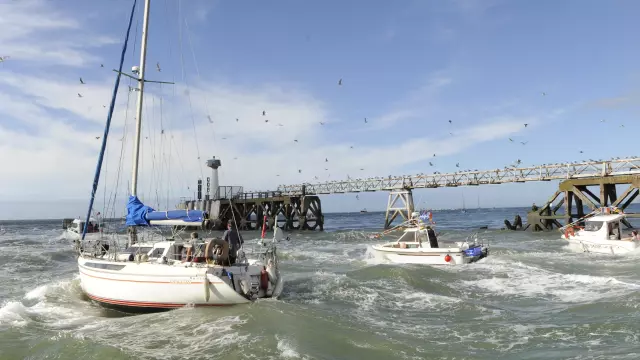
Spirit of DunkirkFrom "miracle" to the Spirit of Dunkirk
Heritage of 1940
In May and June of 1940, Dunkirk was the scene of a major turning point in history. During the Second World War, the famous Operation Dynamo succeeded in evacuating more than 338,000 soldiers to England, in only nine days.
More than a century later, you can hunt down the traces of this unique episode in history at a great number of sites and exhibitions.
2025 Commemorations
85th anniversary of Operation Dynamo
From 22 to 26 May 2025, don’t miss the arrival of more than 60 Little Ships to commemorate the 85th anniversary of Operation Dynamo.
A parade on Sunday 25th May, with marching bands and period vehicles.
We will also commemorate the 80th anniversary of the Liberation of Dunkerque on 9th May 1945. Dunkerque was one of the very last towns to be liberated in France.
 Little Ships Docked In Dunkirk
Little Ships Docked In Dunkirk Guide Memoire Anglais
Guide Memoire AnglaisOn the paths of remembrance – Visitor guide
We made this visitor guide for you so could can see eveything related to Operation Dynamo and WWII in Dunkirk. From a famous museum to a simple headstone, from a walk on the beach to discover shipwrecks to a 30 minutes drive to pay your respects to the victims of a nazi crime, we did our best to offer you this guide which will help you build your program in and around Dunkirk.
 Carnet De Léon
Carnet De LéonLeon’s Journal– History Notebook
Dunkirk, North Sea 1940 – 1945
Leon’s Journal recounts the story of a young 11-year-old boy, a resident of Dunkirk, at the outbreak of the Second World War. His story is also the story of his family and friends. It describes daily life, school rooms, classwork and comic-book heroes of this era. But it also describes the painful moments experienced by the inhabitants of Dunkirk: the fear of being bombed, the occupation by the German army, hunger and oppression. Our town was almost completely destroyed during the war. In fact, there were only several hundred residents left. At the war’s end, the Glacis district was the site of emergency wooden barracks for the thousands of refugee families returning to Dunkirk.






